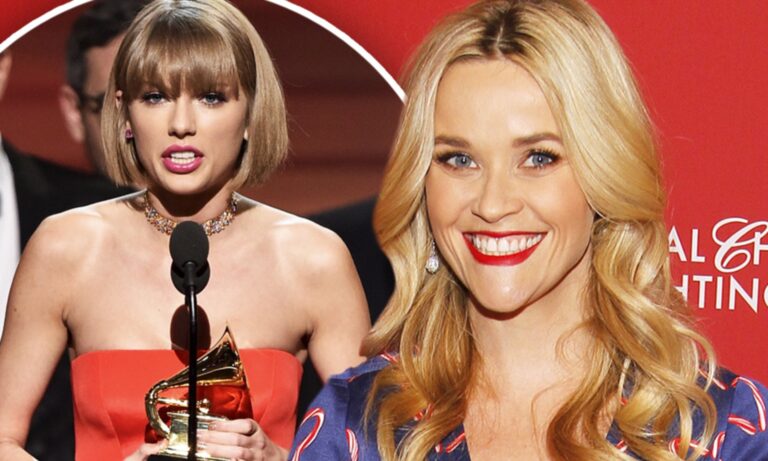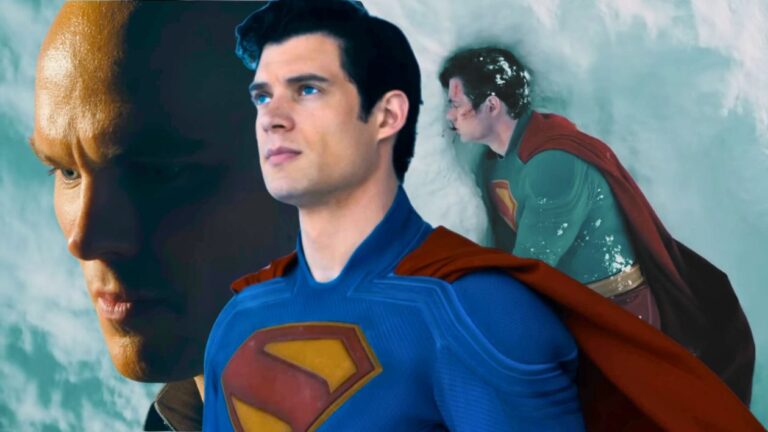Why Justin Baldoni’s $400M Defamation Lawsuit Against Blake Lively Was Dismissed
Introduction
In June 2025, Hollywood was stunned when director and actor Justin Baldoni filed a staggering $400 million defamation lawsuit against acclaimed actress Blake Lively. The case involved allegations surrounding the filming of It Ends With Us and sparked major headlines in the entertainment and legal worlds. But just weeks later, a federal court dismissed the case, leaving fans and legal analysts with questions. What went wrong? Why was it thrown out? And what does this case mean for the future of celebrity lawsuits?
This article breaks down the entire case in plain English—covering the background, legal arguments, court decision, and broader implications.
Background of the Lawsuit
The legal drama began when Justin Baldoni, director of the film adaptation It Ends With Us, alleged that Blake Lively, the film’s lead actress, engaged in a “coordinated smear campaign” to ruin his reputation. According to the lawsuit, Baldoni claimed:
- Lively made false accusations against him relating to inappropriate behavior on set.
- She allegedly contacted industry figures to influence studio decisions.
- Her actions caused financial and reputational damage—estimated at $400 million.
Baldoni’s legal team cited defamation, intentional infliction of emotional distress, and tortious interference with professional contracts.
What Did Blake Lively Say?
Blake Lively remained mostly silent during the initial days of the legal filing but broke her silence with a powerful Instagram post, stating:
“Speaking up about toxic experiences should never be punished. I stand by my words and the truth.”
This post was widely shared by fans and celebrities, gaining over 10 million views within 48 hours. Feminist advocacy groups also expressed public support for Lively, stating that lawsuits like this could “silence” women in the industry.
Legal Analysis: Why the Case Was Weak
Despite the eye-catching dollar amount and celebrity names, the case had fundamental legal flaws:
1. No Concrete Evidence of Defamation
- The court noted that Baldoni failed to prove any statements Lively made were false and defamatory.
- Most accusations were private, not published—making them non-actionable under U.S. defamation law.
2. Freedom of Speech Protections
- As the statements were allegedly related to workplace experiences, the court found they might fall under protected speech.
- Lively’s legal team argued her speech contributed to public discourse around harassment in entertainment.
3. No Direct Financial Link
- Baldoni claimed he lost major contracts and studio deals but did not provide hard proof these were caused by Lively’s actions.
Judge’s Verdict
U.S. District Judge Lewis Liman dismissed the case outright, stating:
“The plaintiff has failed to demonstrate with legal sufficiency that any defamatory statement was made with actual malice or recklessness.”
He allowed limited scope to amend certain claims, but the central $400 million demand was fully dismissed.

Reactions from the Legal Community
Legal analysts reacted strongly, suggesting that celebrity defamation lawsuits may be increasingly difficult to win post-#MeToo unless there is undeniable proof of malice and damage.
According to attorney Dana Goldstein:
“Unless you have leaked audio, signed statements, or financial documents, these cases don’t hold water. They’re more PR than legal substance.”
Some media outlets even described Baldoni’s lawsuit as an attempt to intimidate and control public narratives, which may backfire publicly.
Media, PR & Brand Damage
While the case was legally dismissed, both parties endured intense media attention. Public opinion clearly sided with Lively, especially on social platforms like X (Twitter) and TikTok. The hashtag #IStandWithBlake trended for 3 days straight.
Meanwhile, Baldoni’s reputation, particularly in the women-led romance genre, took a significant hit. Several fan pages for It Ends With Us removed his name from promotions.
Why This Matters for Future Lawsuits
This case is more than just celebrity drama. It sets several important legal and cultural precedents:
- 💼 High-Profile Figures Are Not Above Legal Standards
No matter the celebrity, defamation requires strict evidence. - 📢 Speech Around Workplace Harassment Remains Protected
Especially when made in private or related to personal experience. - ⚖️ Courts Are Hesitant to Entertain PR-Led Claims
Judges are increasingly cracking down on “symbolic lawsuits” used to sway public opinion.
FAQs
Q1: Why did Baldoni sue Blake Lively?
He claimed she made false statements that damaged his career and reputation.
Q2: What kind of legal claims did he file?
Defamation, emotional distress, and interference with business.
Q3: What did the court say?
There wasn’t enough evidence to support any of the claims. The case was dismissed.
Q4: Can Baldoni refile the case?
The judge allowed limited scope to refile some minor claims, but the main case is over.
Q5: Did this affect the movie It Ends With Us?
Yes. The controversy delayed promotions and hurt the film’s reputation online.
Conclusion
The $400 million lawsuit between Justin Baldoni and Blake Lively may have grabbed headlines—but in court, it was clear that even high-profile cases must meet basic legal standards. With no direct evidence, and public opinion squarely on Lively’s side, Baldoni’s case crumbled.
This case reminds us that lawsuits, especially in the entertainment industry, are not just legal matters—they’re also PR wars, social justice debates, and precedent-setting moments.







